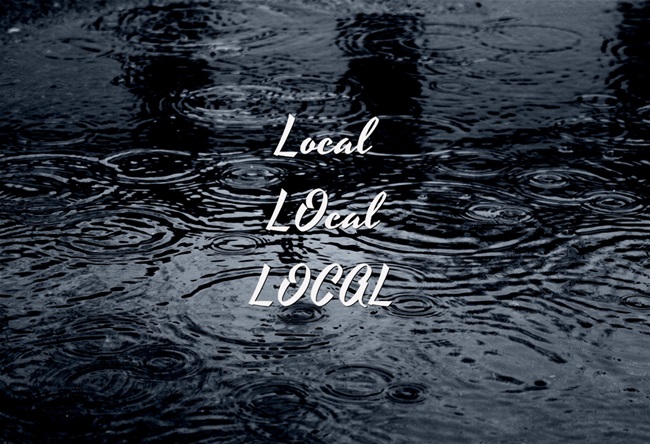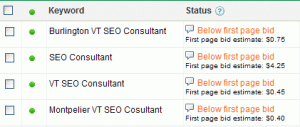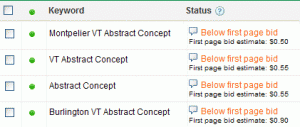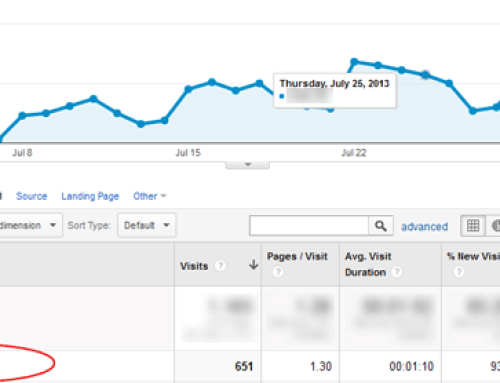Search Engine Optimization (SEO) and Search Engine Marketing (SEM) are the arts of getting noticed on Google, Bing or Yahoo. It can be tough when you’re competing against the rest of the world, so focusing on local search can be a powerful strategy.
 Competition is Usually Local
Competition is Usually Local
In reality, your competition is usually local, though it depends on your website content and mission. If you write a blog on a subject that people in any location could find interesting, you may not want to limit yourself to one location. If you are running a website for your business, and your business is by definition local (you provide a lawn service for local homeowners, or a product where shipping is cost prohibitive, or where support must be local) you can take advantage of local search. Narrowing the focus of your SEO and SEM efforts to local search will allow you to concentrate on getting quality traffic on your website instead of people from the other side of the country who happen to be searching for something you offer. It will also allow you to be competitive with keyword phrases (as in show up on the first page of search results) that would otherwise be lost in organic results and too expensive for effective Pay-Per-Click (PPC) campaigns.
The Cost-Effectiveness of Localizing
Above you can see that the term SEO consultant has a high per-click price tag. When you add VT to localize it to the state level, the price drops dramatically. When you limit it further by adding Montpelier to the mix, the price drops even further. The fact that the price for Burlington VT is slightly higher than that of all of Vermont may seem odd even if Burlington is the biggest city in Vermont. The rates are based on search traffic volume and competition among advertisers, so it stands to reason that Burlington has more activity than Montpelier. You can see below that even something like an abstract concept will initially be charged more in Burlington, just because it’s the most active area in Vermont.
Localized SEM Expected to Grow
According to SEMwinners.com, there are 100 Million unique visitors per month who search with “local intent” and 5% of searchers use the city and/or state name. That means 5 million people are making a conscious effort to search locally.With the increased use of smart phones, user location will be easier to determine and search engines will likely react by tailoring their Search Engine Result Pages (SERPs) to give you more useful (and local) information. Combine these with the progress search engines are making on new ways to to localize your search for you, and you can see the writing on the wall in your neighborhood.









